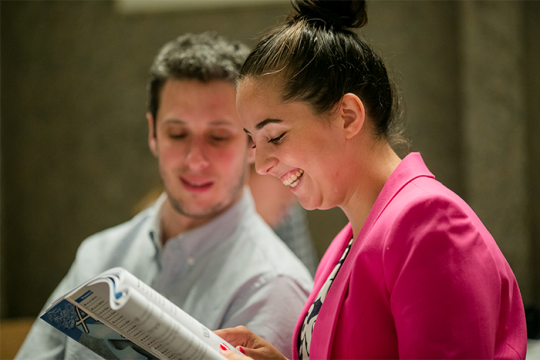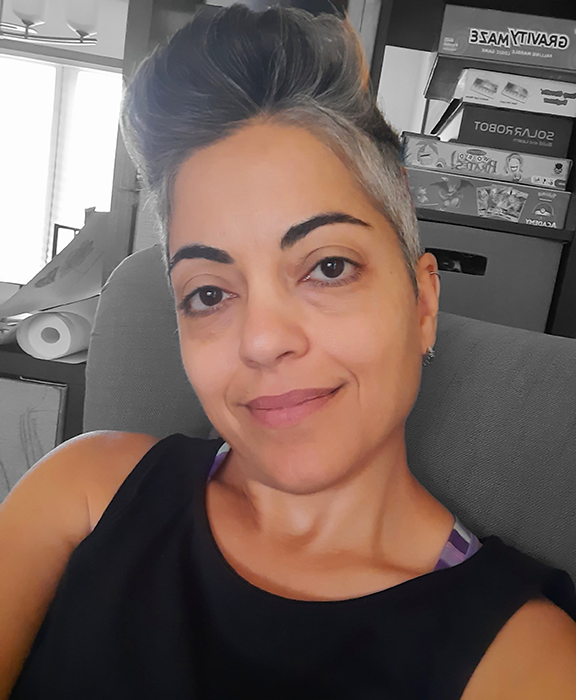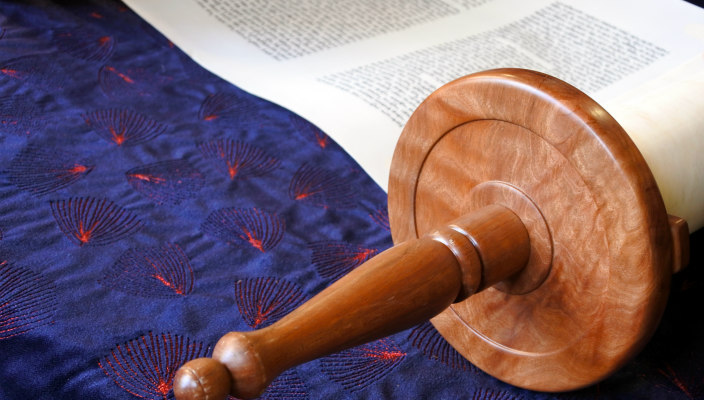
"For Jewish life to survive, and moreover, to thrive, it must not only be studied and taught, but also lived. Truly lived. Through practicing the values that we study, it is more likely that Judaism's wisdom becomes ingrained in our consciousness and in our souls."
- Rabbi Dr. Shmuly Yanklowitz, Pirkei Avot: A Social Justice Commentary
I'm a self-proclaimed book worm. Since I could read, my default setting has been to research anything new at the library before implementing it. However, adulthood has taught me that some of the best lessons are learned after acting and truly living, which is why Rabbi Yanklowitz's perspective so resonates with me. Even so, I always start new adventures by studying.
I took the same approach with Judaism, though I didn't grow up with any sort of Jewish education. Instead, I took a year-long crash course to convert when I was 26 years old. I went into it thinking, "I'm decades behind - I need to learn everything to prove I'm not a fraud!" I distinctly remember being in a Jewish heritage class and turning to my then-boyfriend (now husband) to ask a question about something the teacher was discussing. He responded with, "I don't know. I didn't always pay attention in Hebrew school, it's not like they fail you." Wait, what? Maybe I didn't really miss out on formal Jewish education in my youth. But something from years of formal Jewish education must have stuck with my husband. Otherwise, my conversion - building our relationship and eventual marriage and family on a shared Jewish foundation - would not have been so important to us.
To my husband's credit, his family regularly kept all the holidays, he went to Jewish summer camps, and he was active in Jewish youth groups. Perhaps his lived education counterbalanced and complemented his formal education. There isn't just one type of Jewish education, but many forms that weave together to shape one's unique tapestry of Jewish practice. I might connect more with an in-depth Torah discussion, while my husband might connect more when organizing community Maccabiah Games (a Jewish multi-sport event).
For my family, our current lived Jewish education includes rituals like lighting Shabbat candles and eating challah every Friday evening, going to High Holiday services every fall, hosting or attending a Passover seder, sending the children to Jewish summer camp, and reciting the Sh'ma while tucking them in at bedtime. To balance out this lived education, we also engage in formal Jewish education, like Hebrew school, which has the benefit and comfort of occurring at the same time and place on a regular schedule. What sets formal Jewish education apart from our lived Jewish education is its built-in accountability.
For example, if my family decides to go out for pizza one Friday night and forgets to light Shabbat candles, no one will know. If the first night of Passover falls on Wednesday and hosting or attending a seder just doesn't work with the children's bedtime schedules, we can skip the seder entirely (and pretend we don't notice our relatives' judgmental, reproving sighs). There will be no lightning strikes from the heavens, hopefully.
In contrast, Hebrew school takes attendance and there's external pressure to keep up, whether it be with biblical crafts in the pre-kindergarten class or Hebrew lessons in middle school. Even if they whine about attending Hebrew school now, I know my children will eventually feel the need to focus when they approach a momentous celebration of all they have learned, like b'nei mitzvah or Confirmation.
By Tuesday morning, my kids may not remember every detail of their Hebrew school lessons from the previous Sunday, but they will have spent time with other children in the same room learning the same things that should eventually stick. This formal Jewish education will enable my children to understand and fully embrace their lived Jewish education. They'll understand the miracle of the oil when competing in a Maccabiah competition and be instilled with a sense of tikkun olam (repairing the world) through their youth group activities.
More importantly, they will remember the feelings that come with all types of Jewish education: friendship, community, and belonging. I hope this is the Jewish wisdom that becomes ingrained in their consciousnesses, and that it sustains them when life gets tough… along with weekly challah, of course!
Related Posts
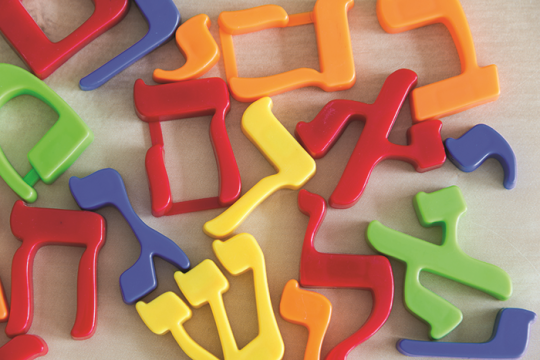
Eight Hebrew Words and Phrases You Can Use Every Day!
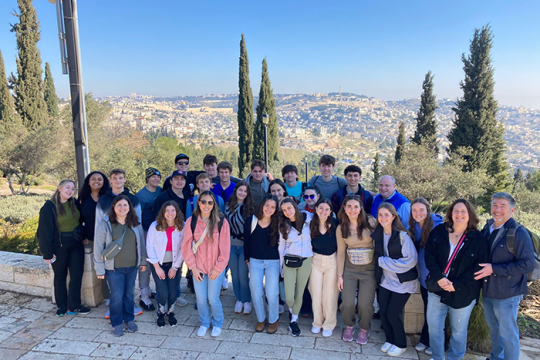
What We Gain From Interfaith Dialogue: Project Understanding
